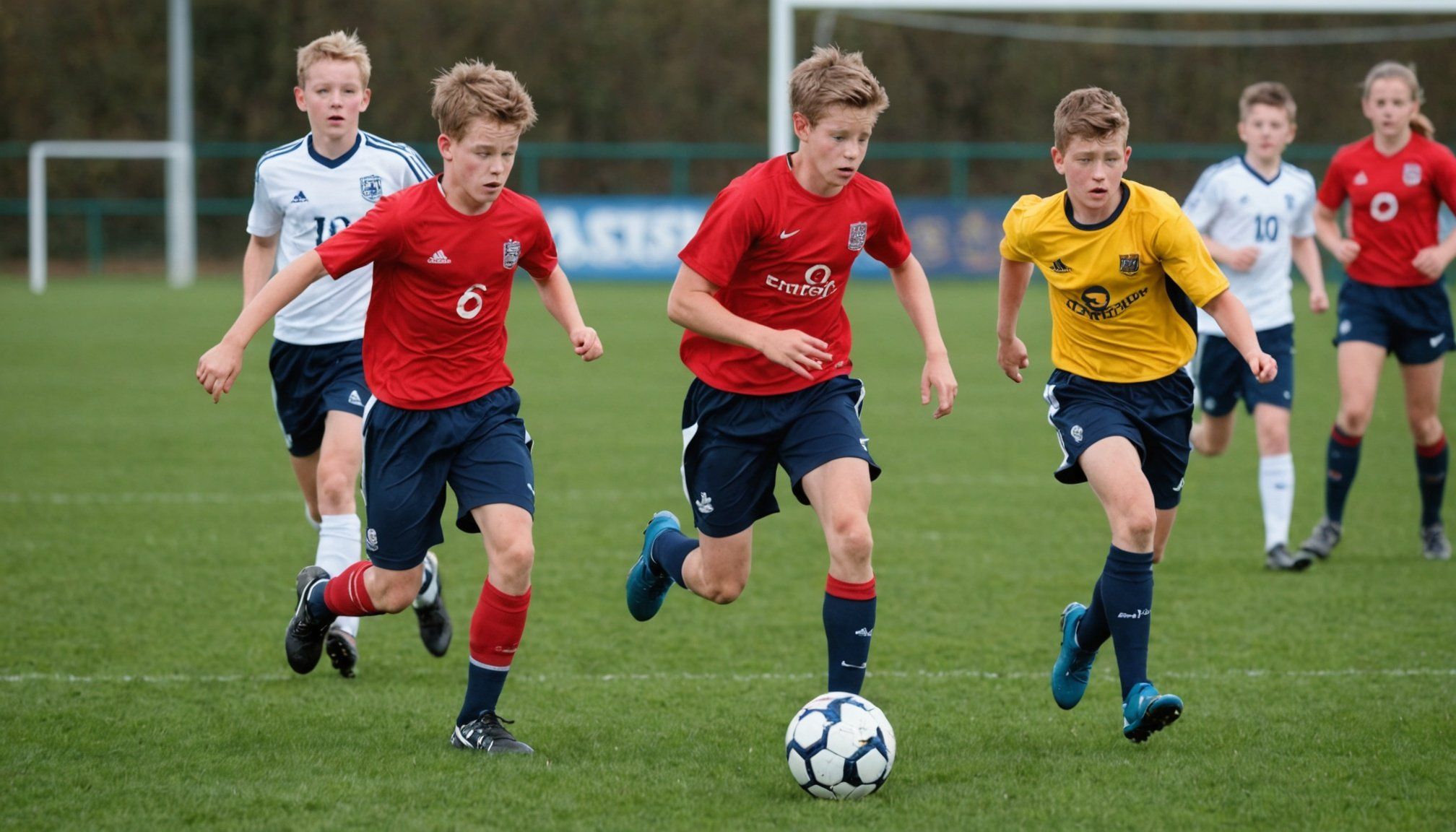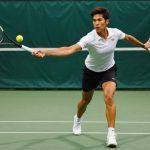In recent years, the debate surrounding early sports specialization has intensified among coaches, parents, and scholars alike. Many believe that focusing exclusively on one sport from a young age can pave the way to becoming an elite athlete, while others warn of potential risks and long-term consequences. This article delves into the various aspects of early sports specialization, examining its implications for athletic performance, injury rates, and overall youth development. We aim to provide a comprehensive overview, allowing you to better understand the long-term impacts for young athletes in the UK.
Understanding Early Sports Specialization
Early sports specialization refers to the practice of focusing on one sport at a young age, often at the expense of participating in multiple sports. This trend has gained popularity in the UK, particularly in competitive sports environments where the pressure to excel can be overwhelming. But what drives this phenomenon?
Also read : How does the UK government support athletes with disabilities in competitive sports?
Many young athletes are drawn to specialization due to the desire for excellence and recognition. They strive to rise quickly through the ranks, hoping to secure scholarships and professional opportunities. However, the consensus among experts is that this approach may not always be in the best interest of youth athletes.
Research has shown that young athletes who specialize too early may be at a higher risk for burnout, injuries, and even decreased performance in their chosen sport. The repetitive motions inherent in a single sport can lead to overuse injuries, which are becoming increasingly common among youth athletes. According to studies published on PubMed, the incidence of injuries related to early specialization is alarming, leading to long-term consequences that can affect an athlete’s career trajectory.
Also read : How can athletes in the UK ensure they are following fair play regulations?
Moreover, the lack of diverse athletic experiences can limit a young athlete’s overall development. Engaging in multiple sports can enhance motor skills, improve coordination, and foster a love for physical activity that lasts a lifetime. By specializing too early, athletes might miss out on these crucial developmental opportunities.
The Risks of Injury and Burnout
One of the most concerning aspects of early sports specialization is the heightened risk of injuries and burnout among young athletes. The repetitive strain from focusing solely on one sport can lead to various overuse injuries, including stress fractures and tendinitis. A study highlighted in sports medicine literature reveals that athletes who specialize early are far more likely to suffer injuries compared to those who engage in multiple sports.
Burnout is another significant risk associated with early specialization. The pressure to perform can become overwhelming, leading to physical and emotional exhaustion. Our research indicates that youth athletes who specialize often experience a decline in their enthusiasm for the sport, resulting in decreased performance. The correlation between early specialization and burnout is noted in several scholarly articles, emphasizing the importance of a balanced approach to youth sports.
To counteract these risks, it is advisable for coaches and parents to encourage young athletes to participate in a variety of sports. This not only helps in mitigating the risk of injuries but also keeps the experience enjoyable. Monitoring an athlete’s physical and emotional health can also be a valuable practice, ensuring that they are not overwhelmed and continue to enjoy their sporting journey.
Furthermore, organizations like the American Academy of Pediatrics provide guidelines suggesting that youth should not specialize until they reach their late teens. Such recommendations are gaining traction in the UK as more people recognize the potential hazards associated with early specialization.
Long-term Performance Implications
The long-term performance implications of early sports specialization are a critical aspect of this ongoing debate. While some may argue that focusing on a single sport will enhance skills and performance, evidence suggests that this may not be the case.
Athletes who engage in multisport participation tend to have a broader range of skills and better adaptability in their primary sport. This versatility can translate into improved performance at elite levels. Numerous studies, including those indexed on Google Scholar, highlight that elite athletes often have diverse sporting backgrounds, enabling them to develop a comprehensive athletic skill set.
Moreover, the developmental benefits of engaging in various sports can lead to more well-rounded athletes. These individuals often possess enhanced problem-solving skills, improved decision-making abilities, and greater resilience. Young athletes who specialize may miss out on these critical attributes, ultimately limiting their potential in high-performance scenarios.
Adaptability is a key trait for success in sports, particularly at elite levels. Athletes who have honed their skills across multiple sports can respond more effectively to game situations, showcasing creativity and strategic thinking. This aspect of training and development should not be overlooked when considering the long-term viability of a young athlete’s career.
In conclusion, while early specialization may seem beneficial in the short term, the broader perspective reveals potential drawbacks that can hinder an athlete’s performance and longevity in the sport.
Alternative Approaches to Youth Training
In light of the evidence suggesting the pitfalls of early sports specialization, it is essential to explore alternative approaches to youth training. Encouraging young athletes to engage in multiple sports not only fosters enjoyment but also promotes overall physical literacy.
Adopting a long-term athlete development (LTAD) model can provide a structured framework that emphasizes the gradual progression of skills over time. This model highlights the importance of age-appropriate training and competition, allowing athletes to develop their talents without the pressure of early specialization.
Implementing a periodized training plan can also be beneficial. This approach allows athletes to focus on different aspects of their athletic development at various times throughout the year, ensuring a balanced training regimen. Coaches should prioritize fun, engagement, and skill development over competition, especially in the formative years of an athlete’s career.
Moreover, introducing elements of cross-training can further enhance performance while minimizing the risk of injuries. Cross-training allows young athletes to build strength, flexibility, and endurance through diverse activities, contributing to their overall athletic development. Studies show that athletes who engaged in cross-training reported fewer injuries and improved performance.
Education for parents and coaches is critical in promoting these alternative approaches. Workshops and resources highlighting the benefits of a diversified sports experience can help shift mindsets away from the fixation on specialization. By creating an environment that values holistic development over singular focus, we can cultivate healthier, happier, and more successful young athletes.
In conclusion, the long-term impacts of early sports specialization on athletes in the UK present a complex picture. While the allure of becoming an elite athlete at a young age is strong, the potential risks associated with specialization cannot be overlooked. From increased injury rates and burnout to limited skill development, the evidence suggests that a more varied approach to youth sports may yield better outcomes. By embracing alternative training methods, fostering a love for diverse physical activities, and prioritizing the overall well-being of young athletes, we can help ensure their success and enjoyment in sports for years to come. Ultimately, the aim should be to develop not just great athletes, but well-rounded individuals who appreciate the value of sport and physical activity throughout their lives.











